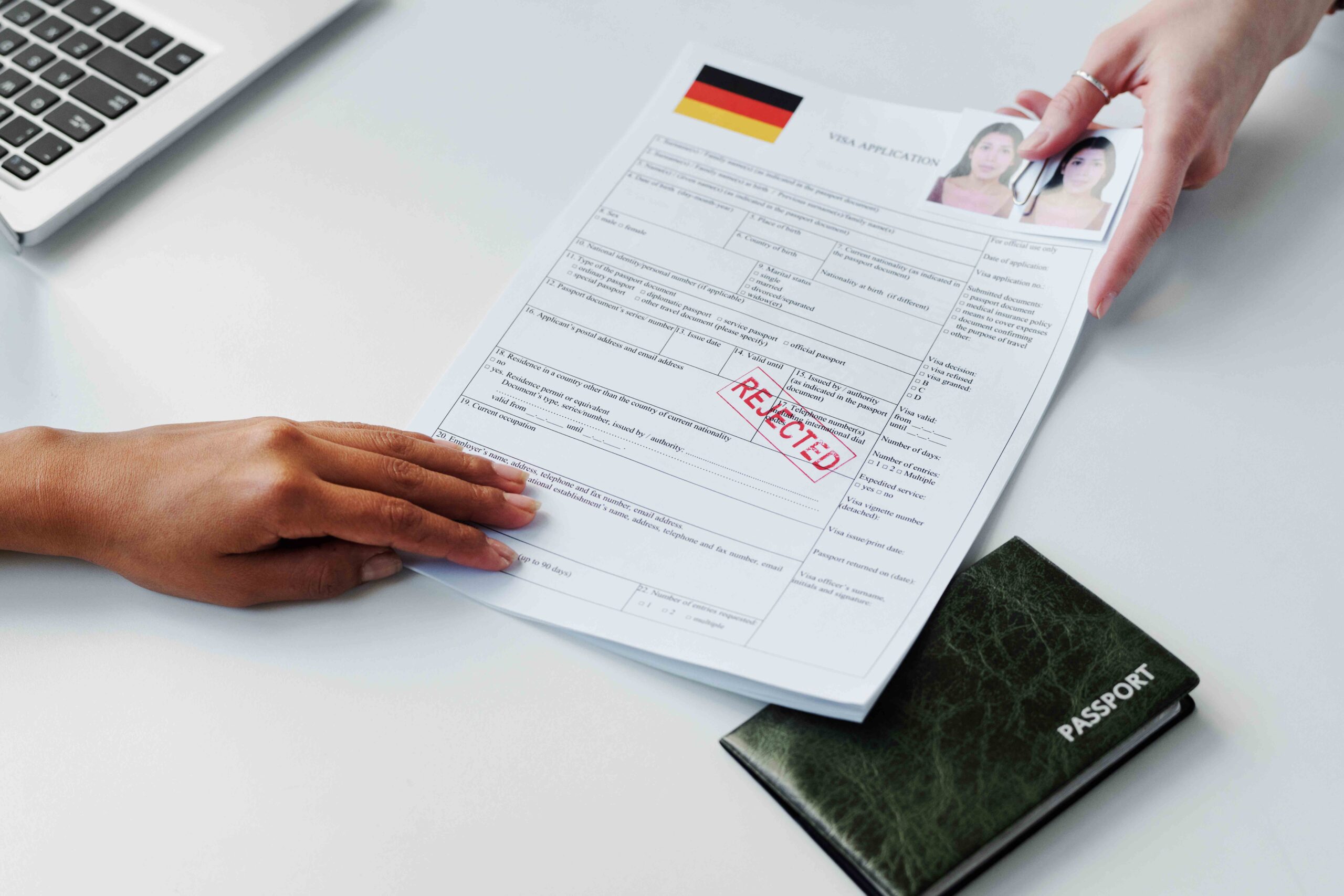#1 Jail Time for Nonpayment
Failing to pay child support in Texas can result in jail time. The state views this as a serious offense, and parents who neglect their duties can be held in contempt of court, leading to up to six months in jail. According to Texas Penal Code Sec. 25.05, criminal nonsupport, is a state crime that carries a maximum two-year prison penalty. This law states, “An individual commits an offense if the individual intentionally or knowingly fails to provide support for their child younger than 18 years of age, or for their child who is the subject of a court order requiring the individual to support the child.”
Contempt of Court
Criminal Nonsupport
Legal Process
- Filing a Complaint: The custodial parent or the Child Support Division of the Texas Attorney General’s Office can file a complaint against the non-paying parent.
- Court Hearing: The court will schedule a hearing to review the evidence and determine whether the non-paying parent is in contempt.
- Contempt Order: If found in contempt, the court can issue an order specifying the penalties, which can include jail time, fines, and other enforcement actions.

Penalties
- Jail Time: As noted, jail time can range from six months for contempt of court to two years for criminal nonsupport.
- Fines: The court may impose fines on top of the jail sentence to further penalize the non-paying parent.
- Additional Consequences: Beyond jail time and fines, the court may also order the non-paying parent to pay attorney fees, court costs, and any outstanding child support arrears.
Impact on Parent and Child
- Employment: Being incarcerated can lead to job loss, which may further complicate the parent’s ability to pay child support in the future.
- Reputation: A criminal record for nonsupport can damage the parent’s reputation and make it difficult to find employment after release.
- Family Relationships: Incarceration can strain relationships with the child and other family members, potentially leading to long-term emotional and psychological effects.
Alternatives to Jail
- Work Release Programs: Allowing the parent to work during the day and return to jail at night.
- Community Service: Ordering the parent to complete a specified number of community service hours.
- Rehabilitation Programs: Enrolling the parent in programs designed to address underlying issues such as substance abuse or financial management.
#2 Garnished Wages
Texas can issue an income withholding order (IWO) to automatically deduct child support payments from the noncustodial parent’s paycheck. Once the employer receives this order, they will adjust the payments accordingly, making it impossible for the parent to avoid their child support obligations. This process is straightforward and ensures that child support is paid regularly and on time.
#3 License Suspension
The Texas Family Code allows for the suspension or revocation of any license issued by a Texas agency if the parent fails to pay child support. This includes driver’s licenses, business licenses, concealed weapon licenses, and hunting licenses. Losing a driver’s license can significantly impact a parent’s daily life, making it difficult to commute to work, run errands, or take their children to school.
#4 Property Liens
Liens can be placed on a parent’s assets until the child support debt is paid off. These assets can include property, bank accounts, retirement plans, and automobiles. A lien is a legal claim against property that must be satisfied before the property can be sold or transferred.
#5 Interception of Tax Refunds and Lottery Winnings

The government can intercept tax refund checks and lottery winnings from parents who owe child support. This ensures that any state or federal monetary payments are used to cover the owed support. When a parent is delinquent on child support, the state can seize their tax refunds to cover the debt.
#6 Negative Impact on Credit Rating
When a parent is delinquent on their child support payments, the state notifies credit bureaus. This will negatively impact their credit rating, making it harder to obtain loans or credit in the future. A poor credit rating can affect many aspects of a person’s life, including their ability to buy a home, get a car loan, or even secure a job.
#7 Passport Ineligibility

#8 Public Listing of Evaders
The Texas Attorney General maintains a webpage listing parents who are delinquent on their child support payments. This page includes the names, number of children, and amount owed by child support evaders, creating public accountability. Being listed on this webpage can be embarrassing and damaging to a parent’s reputation.
#9 Visitation Rights Are Unaffected
In Texas, child support and visitation rights are treated separately. A parent who owes child support is still allowed to see their child. The law ensures that visitation is not denied due to unpaid support. This separation ensures that children can maintain a relationship with both parents, regardless of financial issues.
#10 Unpaid Support Accumulates
Unpaid child support does not disappear once a child turns 18. The state can still pursue any outstanding payments, which will continue to accumulate interest over time. This means that parents cannot simply wait out their obligations; they will continue to owe child support until the debt is paid in full.
Conclusion
Navigating the complexities of child support laws in Texas can be challenging, but understanding the repercussions of nonpayment is essential. From jail time to credit score impacts, the consequences are designed to ensure that children receive the support they deserve.

Tess House Law: Your Partner in Family Law
Tess House Law’s team of experienced Texas family law attorneys takes a compassionate approach to handling family law cases. Utilizing innovative technology, our attorneys work collectively to find the best long-term solutions for each family. For more information, please give us a call or fill out a short form online to sign up for a free consultation today. Let us make a positive difference in your life.
At Tess House Law, we understand the complexities of child support cases and the severe consequences of nonpayment. Our goal is to help parents navigate the legal system and ensure that children receive the financial support they need. Whether you are struggling to collect child support or facing enforcement actions, our experienced attorneys are here to help.
Contact us today to learn more about your options and how we can assist you in achieving the best possible outcome for your family.

